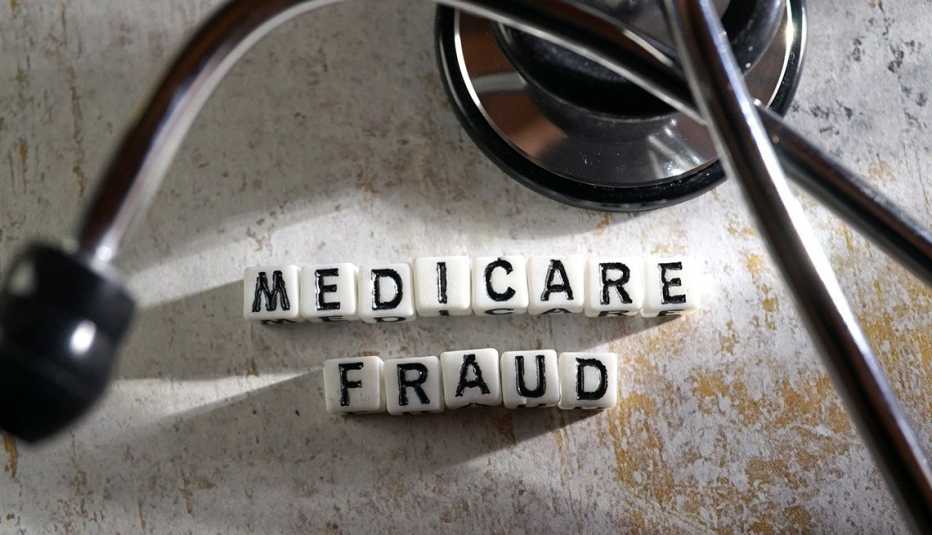Staying Fit


Shimon Richmond has two important pieces of advice for Medicare beneficiaries: Safeguard your Medicare number, and hang up on telemarketers who hawk medical remedies, supplies, tests and devices.
A federal lawman who supervises large-scale Medicare fraud investigations, Richmond urges people to be vigilant to help root out crime and corruption in the health insurance program for people age 65 and older.


AARP Membership— $12 for your first year when you sign up for Automatic Renewal
Get instant access to members-only products and hundreds of discounts, a free second membership, and a subscription to AARP the Magazine.
Medicare spending hit nearly $706 billion in 2017, and experts say at least 10 cents of every dollar spent is lost to fraud and improper payments. Richmond is an assistant inspector general for investigations in the Office of Inspector General (OIG) at the Department of Health and Human Services (HHS). He helps direct the Medicare strike forces that deploy his agents, and the FBI and federal prosecutors, to go after the bad actors.
He spoke to AARP from Washington, and his edited remarks follow.
You were special agent in charge of the Miami office. What makes that city such a hotbed for Medicare fraud?
Fraud is a crime of deception and a crime of opportunity. And you have the opportunity with a large Medicare population as well as a large Medicaid population in the state of Florida.
One of the things you have to have to commit fraud in Medicare or Medicaid is patients and/or their [personally identifiable] information. So we tend to see across the country, areas with higher beneficiary populations have higher amounts of fraud.
What motivates these bad actors?
For many, it’s simply greed. The “easy money,” because there’s so much money involved. Those who engage in health care fraud are limited only by their creativity and their imagination. Across the country, wherever our investigators look, we have identified fraud issues in every corner of the industry.




































































More on Scams and Fraud
Health Care Fraud Exposed After Patient’s Suspicious Death
A chiropractor’s office stole from Medicare for years
7 Behaviors That Can Make you a Target for Scammers
Research says some good personality traits can create vulnerabilities